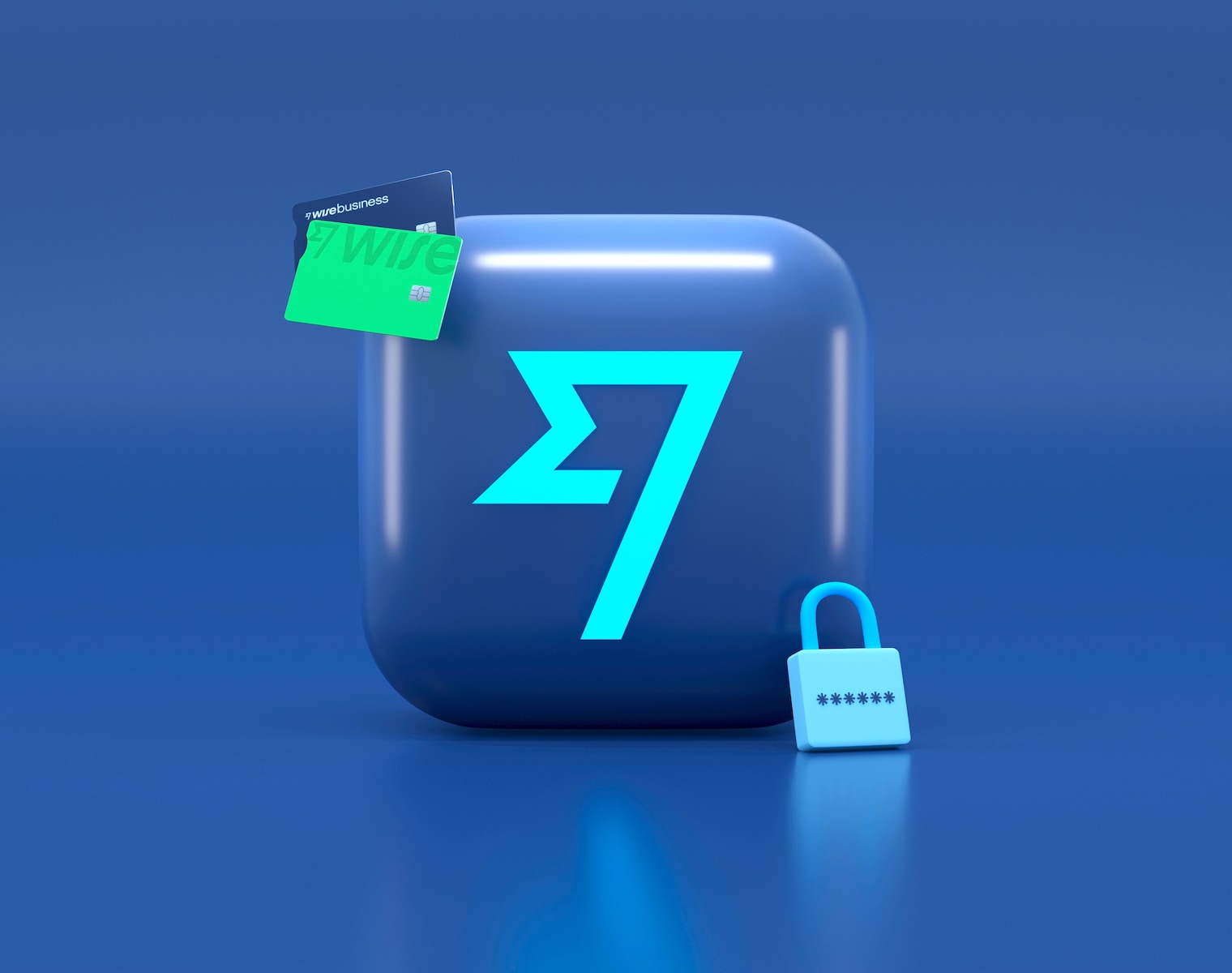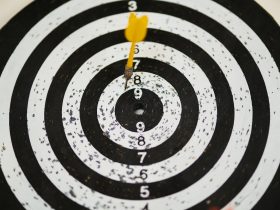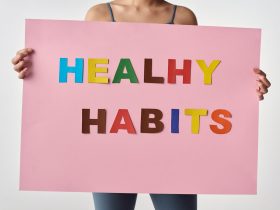Hey there, fellow ethical spenders! It’s Penny Green here, and welcome back to another edition of our deep dive into the ever-evolving world of ethical spending. Today, we’re putting on our detective hats and plunging into the world of ethical banking. Yes, you heard it right. Banking isn’t just about those elusive zeros and ones, it’s about where those digits go and what they do on their journey. So buckle up, grab your favorite ethical snack, and let’s navigate the labyrinth of ethical banking together.
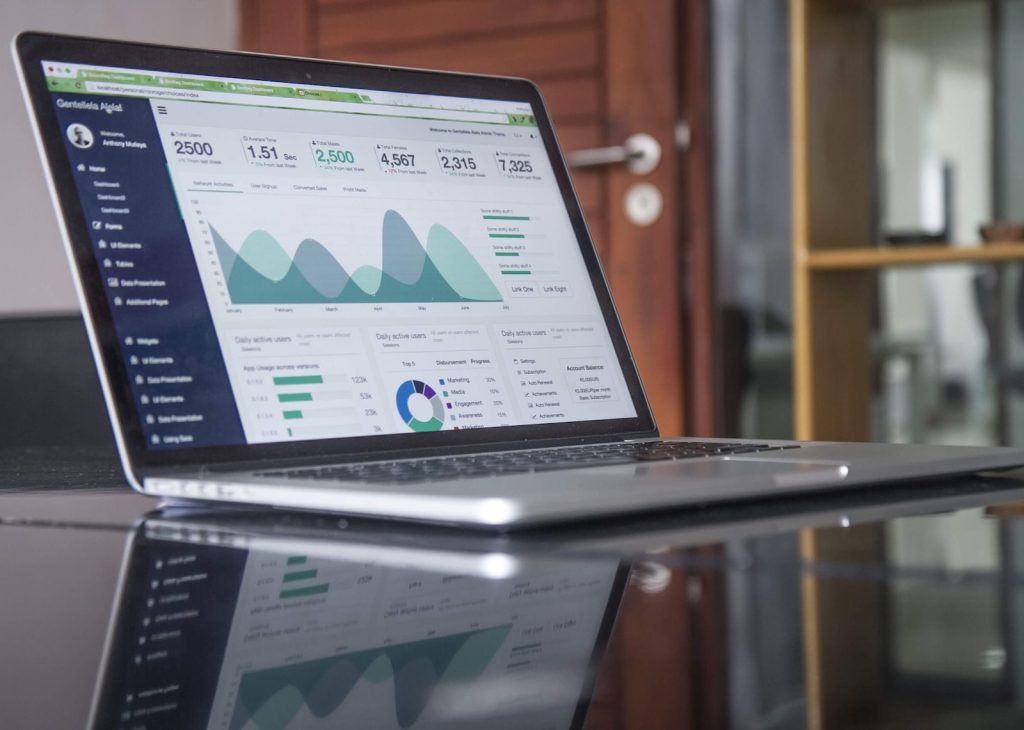
Defining Ethical Banking: Beyond the Green
When we talk about ethical banking, it’s not just a green logo or some lofty tagline about saving the planet. It’s about a commitment to responsible practices, transparency, and the impact of our financial choices on society and the environment. It’s like choosing your friends wisely; you want the ones who not only bring joy to your life but also inspire you to be your best self. Ethical banking is about nurturing a similar relationship with our hard-earned cash.
The Ethical Charter: What to Look for in an Ethical Bank
So, what makes a bank ethical? Think of it as a checklist for your BFF. First off, transparency is key. An ethical bank should have nothing to hide. They should openly communicate where your money is going and the impact it’s making. Are they investing in fossil fuels, or are they nurturing clean energy initiatives? The devil’s in the details, as they say. Then comes the all-important question of social responsibility. Is the bank dedicated to supporting local communities and fostering financial inclusion? It’s like asking if your friend is there for you during tough times. Lastly, environmental sustainability. Is the bank actively investing in eco-friendly projects? Or are they turning a blind eye to the carbon footprint they might be leaving behind? Choose a bank that cares about the world as much as you do.
Show Me the Green: Examples of Ethical Banking in Action
Let’s bring some real-life examples to the table, shall we? Take a look at GoodBucks Bank. Not only do they offer competitive interest rates, but they also actively invest in local businesses, ensuring that your money contributes to the growth of your community. Plus, they’ve pledged to phase out investments in industries that harm the environment, making them a top pick for eco-conscious savers. Then there’s CommuniTrust, with its laser focus on funding educational initiatives and providing affordable loans to underserved communities. They’re not just talking the talk; they’re walking the walk. These are the banks that make us believe in the power of ethical banking.
Challenges on the Road to Ethical Banking Nirvana
Of course, it’s not all rainbows and butterflies in the world of ethical banking. Just like every good friendship, there are bound to be challenges. One of the biggest hurdles is balancing profitability with ethical practices. After all, banks are still businesses, and staying afloat in the cutthroat financial world isn’t a cakewalk. However, some ethical banks have cracked the code, demonstrating that it’s possible to make a positive impact while also turning a profit. It’s like finding that friend who’s both fun at parties and there to lend a shoulder when you’re feeling down.
The Rising Trend: Ethical Banking for the Win
Despite the challenges, the tides are turning, my dear readers. Ethical banking is no longer a niche concept but a rising tide that’s lifting all boats. With more and more consumers demanding accountability from financial institutions, traditional banks are feeling the heat. They’re now scrambling to adopt ethical practices and integrate sustainability into their core values. It’s like watching your once-rebellious friend settle down and embrace responsibility; it’s heartwarming and reassuring.
The Power Lies in Your Hands
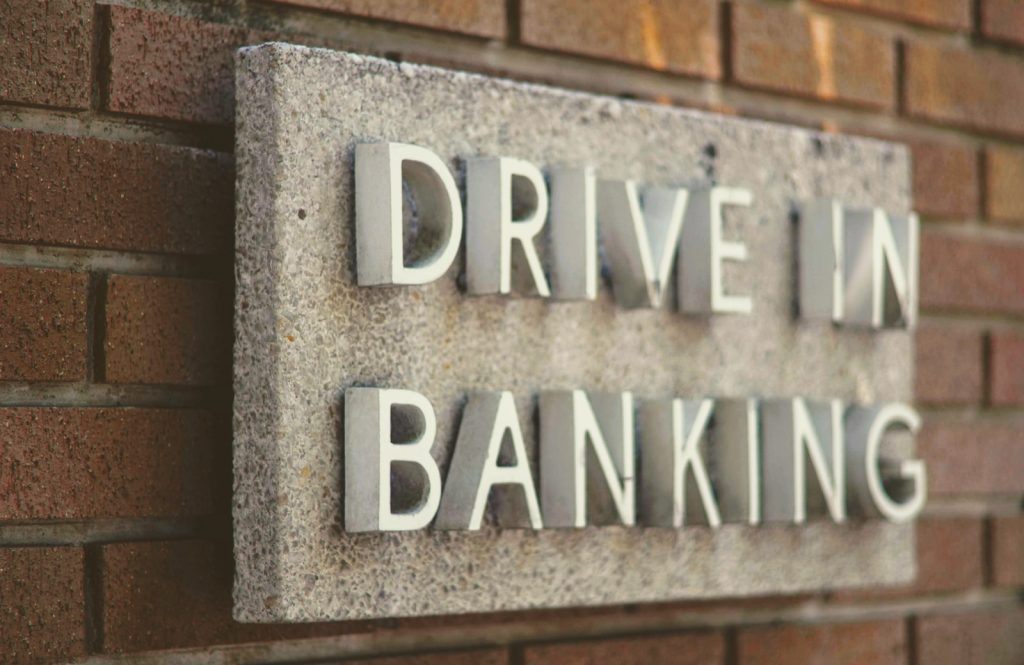
At the end of the day, my fellow ethical spenders, the power to drive change lies in our collective hands. By choosing to bank ethically, we’re not just safeguarding our financial future, but we’re also shaping a better world for generations to come. It’s like making a small ripple in a vast pond; you might not see the impact immediately, but trust me, it’s there. So let’s continue to ask questions, demand transparency, and vote with our wallets. After all, every dollar we spend is a vote for the kind of world we want to live in.
As we wrap up our journey through the realm of ethical banking, remember, it’s not just about the numbers in your account; it’s about the stories behind those numbers. So, choose your bank wisely, and let’s make some ethical financial magic together. Until next time, stay financially conscious, my friends!




























